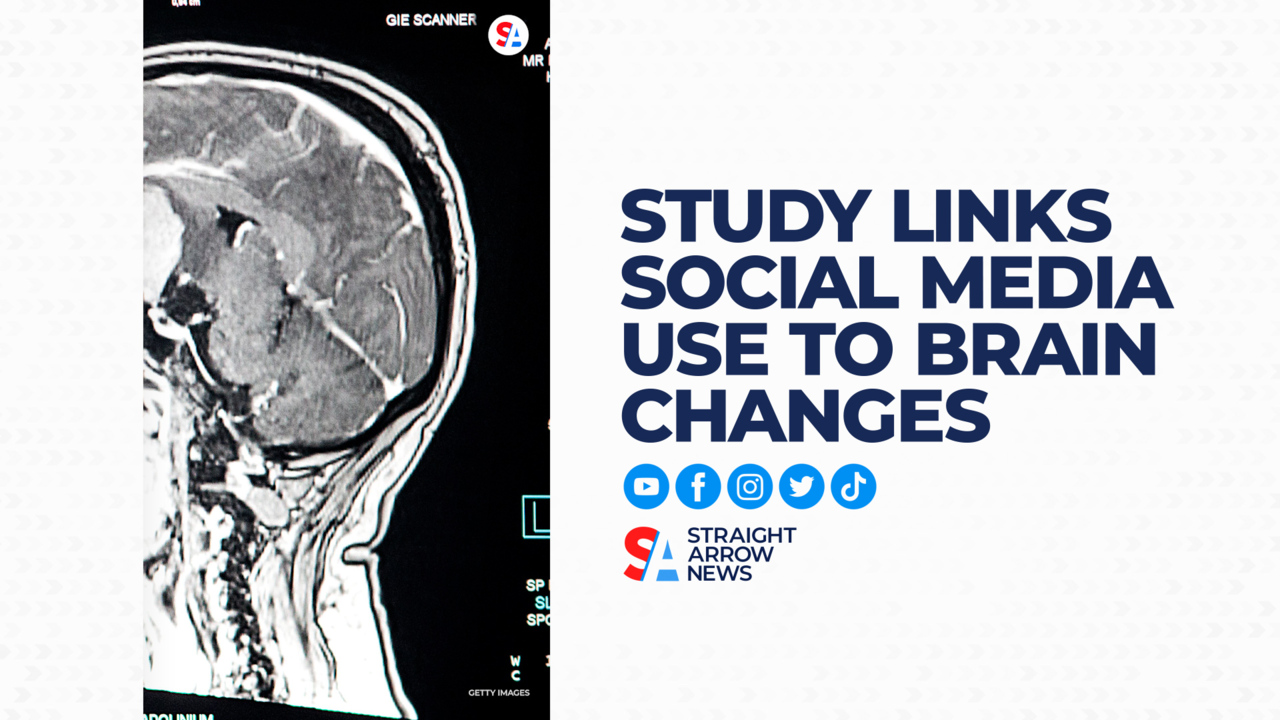
MAHMOUD BENNETT:
IN THE AGE OF SOCIAL MEDIA – PEOPLE ARE HAVING MORE INTERACTIONS ON THE INTERNET THAN IN REAL LIFE – AND IT’S LEADING TO A GROWING PHENOMENON
TIKOK COMPILATION:
CHORNICALLY ONLINE
CHORNICALLY ONLINE
WELL I’D LIKE TO SHOW YOU THE CHRONICALLY ONLINE COMPASS
MAHMOUD BENNETT:
THAT’S A PHRASE SOCIAL MEDIA USERS HAVE COINED. CHRONICALLY ONLINE – ACCORDING TO THE URBAN DICTIONARY, IT DESCRIBES PEOPLE WHO HAVE BECOME SO OVERLY ABSORBED IN INTERNET CULTURE AND ONLINE TALK, THEY’VE LOST TOUCH WITH HOW TO INTERACT IN THE REAL WORLD – ARGUING OVER THINGS MOST ORDINARY PEOPLE WOULD NOT
TIKTOK:
IF YOU WORK OUT – STRICTLY FOR APPEARANCE BASED REASONS. YOU ARE FATPHOBIC
MAHMOUD BENNETT:
CALL IT HYPERSENSITIVE OR WHAT YOU WANT – PEOPLE ARE GETTING EASILY OFFENDED AND PEW RESEARCH SHOWS A MAJORITY OF AMERICANS THINK THAT’S A MAJOR PROBLEM
MEANWHILE A NEW SCIENTIFIC STUDY OUT THIS WEEK LINKS BEING CHRONICALLY ONLINE TO ACTUAL CHANGES IN THE BRAIN – AT LEAST AMONG TEENAGERS
NEUROSCIENTISTS AT THE UNIVERSITY OF NORTH CAROLINA HAVE FOUND THAT TEENS AROUND THE AGE OF 12 WHO HABITUALLY CHECK THEIR SOCIAL MEDIA BECOME MORE AND MORE SENSITIVE TO THE FEEDBACK OF THEIR PEERS OVER TIME – THEY REPORT AN OPPOSITE EFFECT ON TEENAGERS WHO USE LESS SOCIAL MEDIA
THE RESEARCHERS SAY IT’S NOT CLEAR WHETHER THAT’S A GOOD OR A BAD THING NOTING THAT HEIGHTENED SENSITIVITY COULD HELP TEENS LEARN TO CONNECT WITH OTHER OR IT COULD LEAD TO MORE COMPULSIVE BEHAVIOR
THE STUDY WAS PUBLISHED TO THE JOURNAL OF THE AMERICAN MEDICAL ASSOCIATION AND IS ONE OF THE FIRST OF ITS KIND. EXPERTS SAY MORE DATA IS NEEDED TO FORM A WELL ROUNDED CONCLUSION






